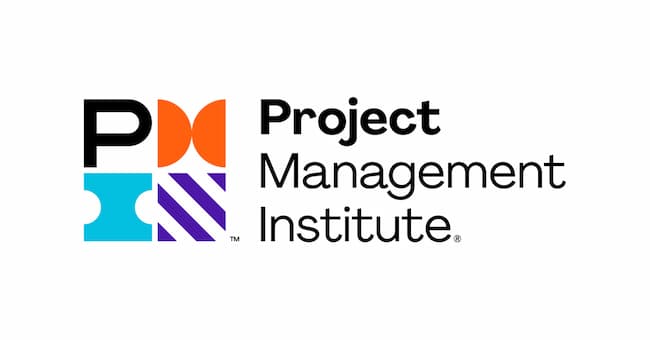Project Management Institute (PMI) has released its Global Megatrends 2022 report, an analysis of the global forces significantly impacting society and the project management profession.
Global Megatrends 2022 helps project professionals understand the world’s rapid transformation and the global context in which they work so they can use projects to solve complex problems.
“The world continues to see ongoing change and uncertainty, impacting our daily lives at home and work,” said Michael DePrisco, Interim President & CEO and Chief Operating Officer of PMI.
“Our Global Megatrends report helps our community of project professionals understand the trend lines reshaping the future – from the climate crisis to the ripple effects of shifting demographics.
To take on these challenges, project professionals must be dedicated to not only developing strong technical skills but also cultivating an understanding of the broader strategic environment impacting their projects.”
The report, which draws on trend data, primary and secondary research, and interviews with project managers in the field, elaborates on six critical demographic, economic, and social trends.
The impact of COVID-19 significantly amplified digital disruption, with organizations quickly adopting technologies to enhance customer service, improve project outcomes, and facilitate remote working.
Purpose, innovation, and an eye on the future will continue to guide companies in a post-pandemic world.
Awareness of the climate crisis is prevalent in society, but action has been slow. In fact, just one-fifth of the world’s largest businesses have set net-zero targets.
Sustainability practices will need to be built into every project and process if we are to counteract the most damaging effects of global warming.
Demographic shifts like declining fertility rates and an increasing percentage of workers ageing out of the workforce will push organizations to find new ways to alleviate worker shortages and close the talent gap, such as implementing equitable and inclusive policies to support age-diverse staff and attracting younger employees.
Economic shifts have exposed disastrous supply chain vulnerabilities and globalization setbacks. Rebuilding domestic supply chains prove difficult and time-consuming, but globalization remains at historically high levels. With the right strategies in place, businesses can mitigate global supply chain risks and facilitate cross-border collaboration.
Global labor shortages, exacerbated by the COVID-19 pandemic and The Great Resignation, are shaking up the workplace in new ways that have organizational leaders questioning how they can retain and attract talent.
Organizations will need to create a successful retention culture, align on social impact initiatives, understand the importance of work-life balance, and provide greater recognition for employee contributions.
Social protests continue and are expected to endure as drivers for social unrest spike. This is causing a growing desire among companies to set real change and collaboration in response to civil, civic, and equality movements, including true diversity, equity and inclusion programs that give everyone the same opportunity to contribute and grow.
As the future of work becomes more projectized, project-based skills are essential to helping professionals turn ideas into reality and overcome complex challenges.
In fact, the recent PMI® 2021 Talent Gap Report states that the global economy will need 25 million new project professionals by 2030. Professionals with project management skills and a broad, global perspective of macro trends will grow in The Project Economy, where organizations deliver value through the successful completion of projects, delivery of products, and alignment to value streams.
“The need for transformation is imminent, and individuals and organizations must fine-tune skills that drive change,” said DePrisco. “In today’s fast-moving environment, they must draw on a robust toolkit of capabilities to cultivate new ways of working and lead their teams forward.”
Project Management Institute (PMI) is the world’s leading professional association for a growing global community of millions of project professionals and changemakers worldwide.
As the world’s leading authority on project management, PMI empowers people to make ideas a reality. Through global advocacy, networking, collaboration, research, and education, PMI prepares organizations and individuals at every stage of their career journey to work smarter so they can drive success in a world of change.
Building on a proud legacy dating to 1969, PMI is a “for-purpose” organization working in nearly every country around the world to advance careers, strengthen organizational success, and enable changemakers with new skills and ways of working to maximize their impact.
PMI offerings include globally recognized standards, certifications, online courses, thought leadership, tools, digital publications, and communities.













